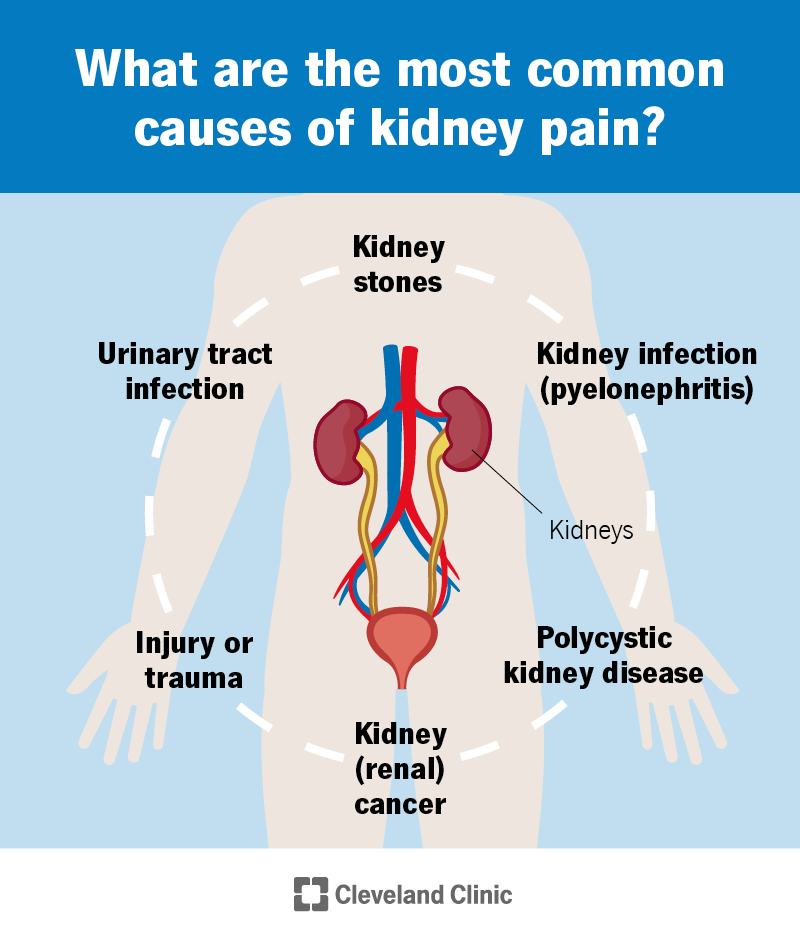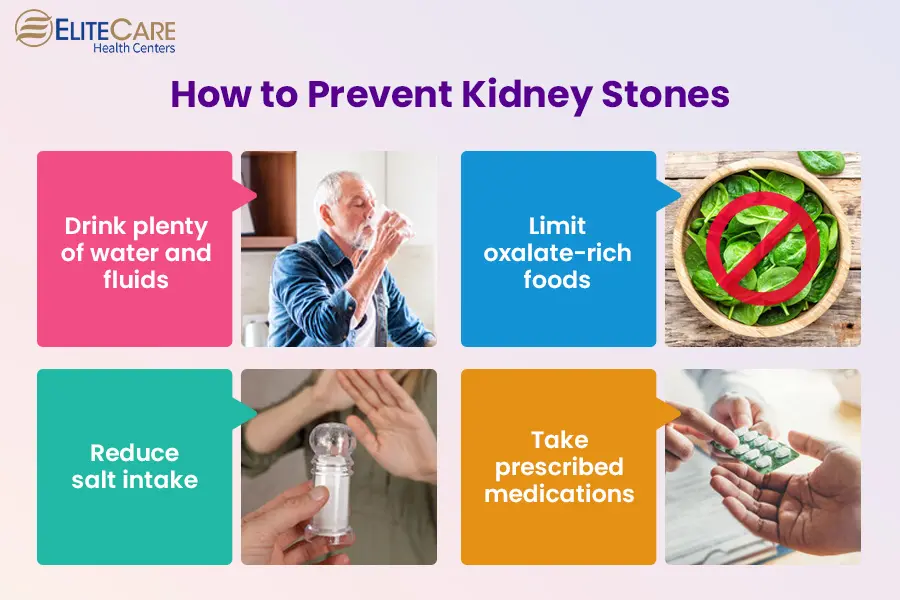Kidney Stones vs UTI: Just How to Identify and Deal With Each Problem Properly
Kidney Stones vs UTI: Just How to Identify and Deal With Each Problem Properly
Blog Article
Exploring the Manifestations and Causes of Kidney Stones in Contrast to Urinary System Tract Infections: A Detailed Guide
The exploration of kidney stones and urinary system infections (UTIs) reveals a complex interaction of symptoms and underlying causes that call for careful evaluation. What are the crucial differences in their signs, and exactly how might these educate therapy techniques?
Summary of Kidney Stones
Kidney rocks, additionally called renal calculi, type when specific materials in the urine crystallize and accumulation, causing the growth of tough down payments within the kidneys. These stones can vary in dimension, varying from a grain of sand to a golf sphere, and can be composed of various materials, one of the most typical being calcium oxalate, uric acid, struvite, and cystine. The formation of kidney rocks is influenced by several aspects, including nutritional routines, fluid consumption, and genetic proneness.
Signs and symptoms of kidney rocks might consist of extreme discomfort in the back or side, blood in the urine, nausea, and regular peeing, specifically as the stone moves through the urinary system system. Diagnosis commonly entails imaging researches such as ultrasound or CT scans, together with urinalysis to determine the rock's composition.
Therapy options vary based upon the dimension and type of stone, along with the intensity of signs and symptoms (Kidney Stones vs UTI). Small stones might pass normally with raised fluid intake, while larger stones might call for clinical interventions such as lithotripsy or medical removal. Understanding the pathophysiology and threat variables connected with kidney stones is vital for efficient prevention and management
Summary of Urinary System Infections
Urinary tract infections (UTIs) are common microbial infections that affect any part of the urinary system, consisting of the kidneys, ureters, bladder, and urethra. They primarily occur when bacteria, usually from the intestinal system, go into the urinary system, causing swelling and infection. UTIs are categorized right into two major kinds: straightforward and complex. Uncomplicated UTIs usually occur in healthy and balanced people with normal urinary system tracts, while difficult UTIs may occur in individuals with underlying conditions, such as architectural irregularities or jeopardized body immune systems.
The occurrence of UTIs is significantly greater in ladies than men, primarily as a result of anatomical distinctions, such as a much shorter urethra. Threat factors consist of sex, certain contraceptive techniques, urinary retention, and dehydration. The medical diagnosis of UTIs is typically confirmed via urine tests, which may disclose the presence of bacteria, leukocyte, or red cell.

Symptoms of Kidney Stones
The discomfort connected with kidney rocks can materialize in numerous means, often leading people to look for clinical focus. One of one of the most usual signs and symptoms is extreme discomfort, generally localized in the lower back or side, which might emit to the abdominal area or groin. This discomfort, frequently referred to as sharp or cramping, can occur unexpectedly and might fluctuate in intensity.
Furthermore, people might experience hematuria, or blood in the urine, which can range from microscopic quantities to noticeable staining. This sign might be come with by adjustments in urinary system behaviors, such as enhanced frequency or urgency, in addition to discomfort throughout peeing. Nausea and throwing up are also widespread, often arising from the body's response to extreme discomfort.
In some cases, individuals may experience fever and cools, particularly if a second infection creates as a result of the blockage brought on by the rocks. Overall, the combination of severe discomfort, hematuria, modified urinary patterns, and intestinal signs and symptoms can supply considerable understanding right into the existence of kidney rocks, necessitating punctual clinical assessment and treatment. Understanding navigate here these signs is essential for prompt medical diagnosis and effective administration of the problem.
Signs And Symptoms of Urinary System Infections
Infections within the urinary system system often offer a variety of unique signs that can significantly impact daily life. The most typical signs and symptoms consist of a persistent urge to pee, typically come with by a burning feeling throughout urination, called dysuria. Individuals may also experience boosted frequency of urination, producing small amounts of pee each time.
Other remarkable signs and symptoms consist of gloomy or smelly pee, which might indicate the presence of microorganisms or pus. Sometimes, pee might show up red or pink as a result of the existence of blood, a condition called hematuria. Additionally, people might experience pelvic discomfort or pressure, which can further exacerbate the feeling of seriousness.
Systemic symptoms may additionally materialize, such as fever, chills, and tiredness, particularly if the infection has risen to the kidneys. It is necessary to acknowledge these signs and symptoms early, as without treatment urinary system tract infections can lead to much more serious difficulties. Kidney Stones vs UTI. Prompt clinical interest is encouraged when these signs and symptoms are observed, permitting proper diagnostic evaluation and treatment to relieve discomfort and avoid additional health issues
Reasons For Each Condition
Frequently, kidney rocks and urinary system system infections arise from unique yet often overlapping reasons that can affect people in different ways. Dehydration, inadequate fluid intake, and high-sodium diet regimens can exacerbate these problems, promoting formation within the urinary system tract.

Comprehending these distinctive reasons is critical for prevention and therapy. Kidney Stones vs UTI. While read here lifestyle alterations may alleviate the threat of kidney stones, proper health and punctual therapy of urinary tract infections are vital for decreasing their recurrence and associated complications
Verdict
In summary, kidney rocks and urinary tract infections present distinct symptoms and underlying causes. Kidney stones are identified by severe pain and metabolic factors, while urinary system infections mostly entail bacterial infections leading to urinary seriousness and discomfort.
The exploration of kidney stones and urinary system system infections (UTIs) reveals a complex interplay of signs and symptoms and underlying causes that require cautious exam.Urinary system tract infections (UTIs) are typical microbial infections that influence any type of component of the urinary system, including the kidneys, ureters, bladder, and urethra.Often, kidney rocks and urinary system tract infections occur from unique yet often overlapping reasons that can affect individuals differently.In summary, kidney rocks and urinary system infections existing distinct signs and symptoms and underlying reasons. Kidney stones are identified by severe pain and metabolic elements, while urinary tract infections mostly include microbial infections leading to urinary system seriousness and pain.
Report this page